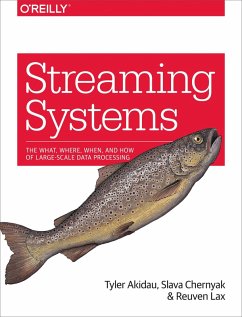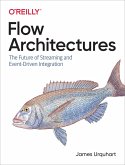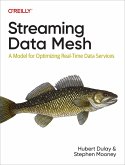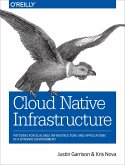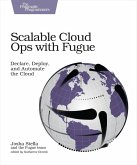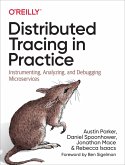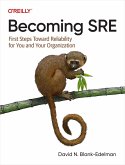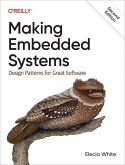Streaming data is a big deal in big data these days. As more and more businesses seek to tame the massive unbounded data sets that pervade our world, streaming systems have finally reached a level of maturity sufficient for mainstream adoption. With this practical guide, data engineers, data scientists, and developers will learn how to work with streaming data in a conceptual and platform-agnostic way.Expanded from Tyler Akidaus popular blog posts "e;Streaming 101"e; and "e;Streaming 102"e;, this book takes you from an introductory level to a nuanced understanding of the what, where, when, and how of processing real-time data streams. Youll also dive deep into watermarks and exactly-once processing with co-authors Slava Chernyak and Reuven Lax.Youll explore:How streaming and batch data processing patterns compareThe core principles and concepts behind robust out-of-order data processingHow watermarks track progress and completeness in infinite datasetsHow exactly-once data processing techniques ensure correctnessHow the concepts of streams and tables form the foundations of both batch and streaming data processingThe practical motivations behind a powerful persistent state mechanism, driven by a real-world exampleHow time-varying relations provide a link between stream processing and the world of SQL and relational algebra
Dieser Download kann aus rechtlichen Gründen nur mit Rechnungsadresse in A, B, BG, CY, CZ, D, DK, EW, E, FIN, F, GR, HR, H, IRL, I, LT, L, LR, M, NL, PL, P, R, S, SLO, SK ausgeliefert werden.

